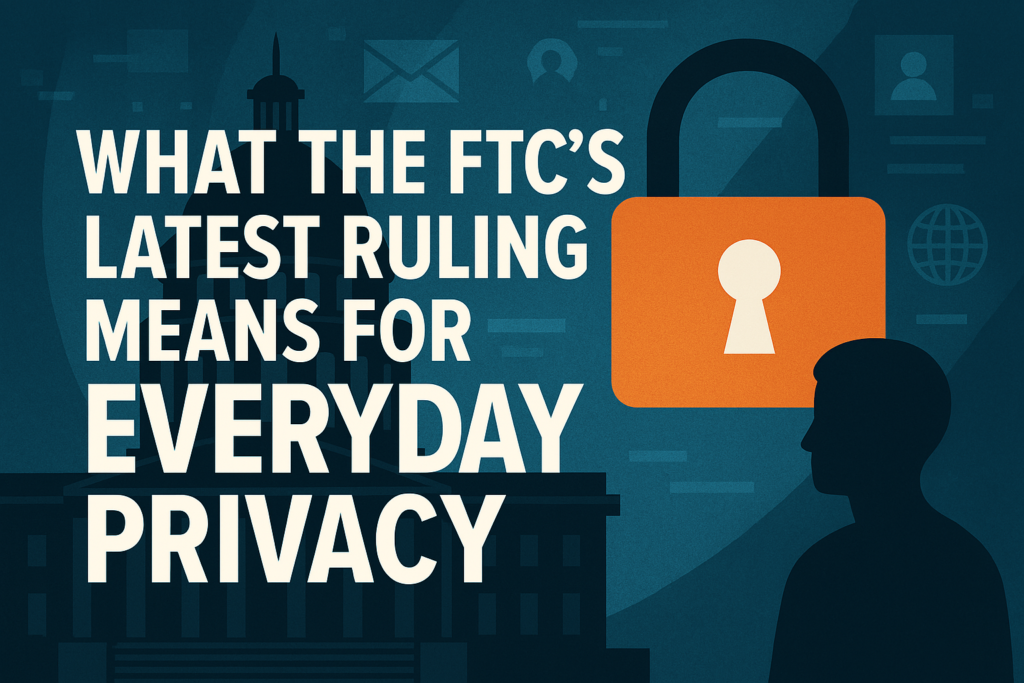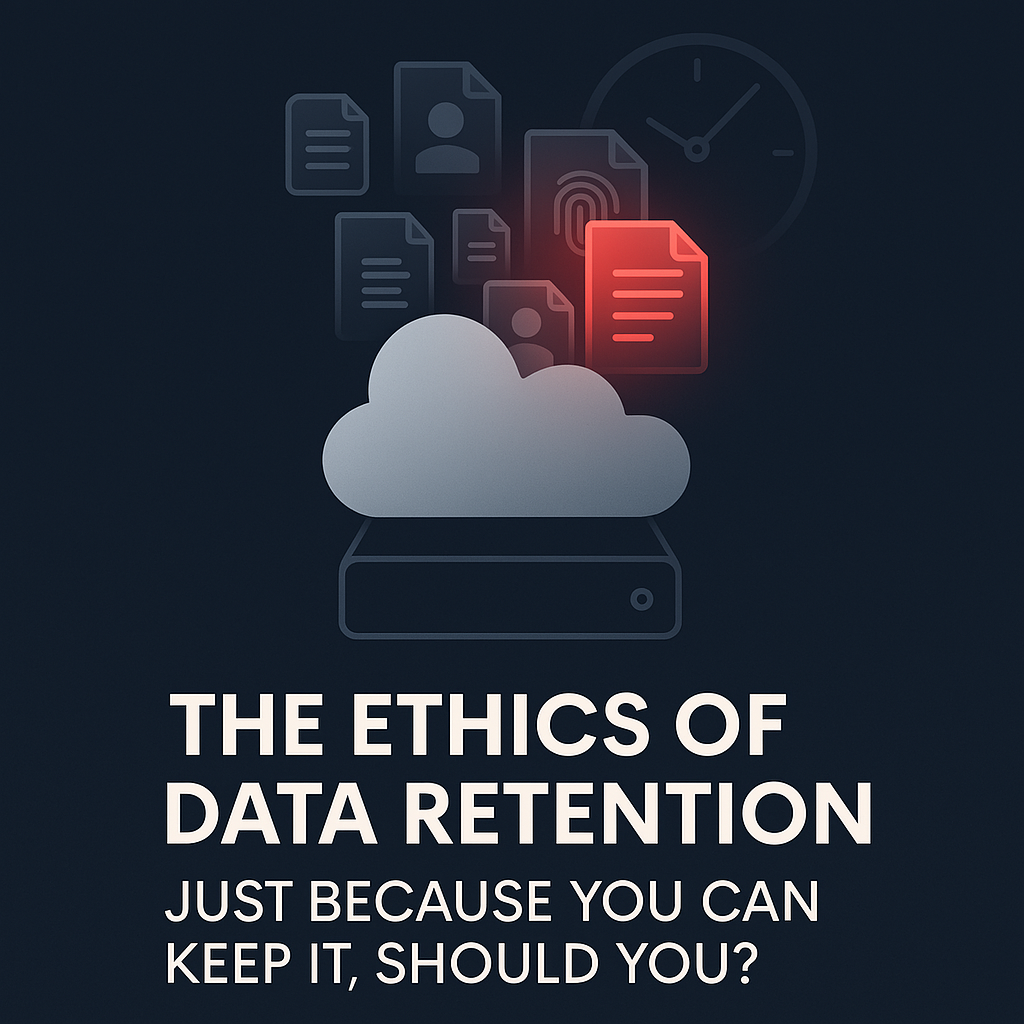What the FTC’s Latest Ruling Means for Everyday Privacy
In a significant move to protect consumer privacy, the Federal Trade Commission (FTC) has taken action against Avast, a software provider, for selling users’ browsing data without their consent. This development underscores the FTC’s commitment to safeguarding personal information and has direct implications for consumers.
The FTC’s Action Against Avast
Avast, known for its antivirus software and browser extensions, marketed its products as tools to enhance user privacy by blocking online tracking. However, the FTC found that from 2014 to 2020, Avast collected detailed browsing information from its users and sold it to over 100 third parties through its subsidiary, Jumpshot, without adequately informing consumers or obtaining their consent. This data included sensitive details such as websites visited, timestamps, and device information.
In response, the FTC finalized an order in June 2024 that prohibits Avast from selling or licensing any web browsing data for advertising purposes and requires the company to pay $16.5 million. Additionally, Avast must delete the data collected and implement a comprehensive privacy program to prevent future violations.
Implications for Consumers
This ruling highlights several critical points for consumers:
- Enhanced Privacy Protections: The FTC’s action reinforces that companies must be transparent about their data collection practices and obtain explicit consent from users before sharing personal information. This sets a precedent that prioritizes consumer privacy.
- Awareness of Data Practices: Consumers should be vigilant about the privacy policies of the software and services they use. Understanding how personal data is handled can help individuals make informed decisions about the tools they trust.
- Regulatory Oversight: The FTC’s proactive stance serves as a reminder that regulatory bodies are monitoring and addressing privacy violations, aiming to deter companies from engaging in deceptive data practices.
Steps You Can Take
To further protect your privacy:
- Review Privacy Policies: Regularly read and understand the privacy policies of the applications and services you use to know how your data is being collected and shared.
- Adjust Settings: Utilize privacy settings within apps and browsers to limit data collection and sharing.
- Stay Informed: Keep abreast of news related to data privacy and support organizations that advocate for consumer rights.
The FTC’s February 2024 complaint alleged that Avast’s practices were deceptive and unfair, violating Section 5 of the FTC Act. Most notably, the software’s privacy settings gave users the impression that their browsing history wouldn’t be tracked — when in fact, the data was packaged and monetized.



